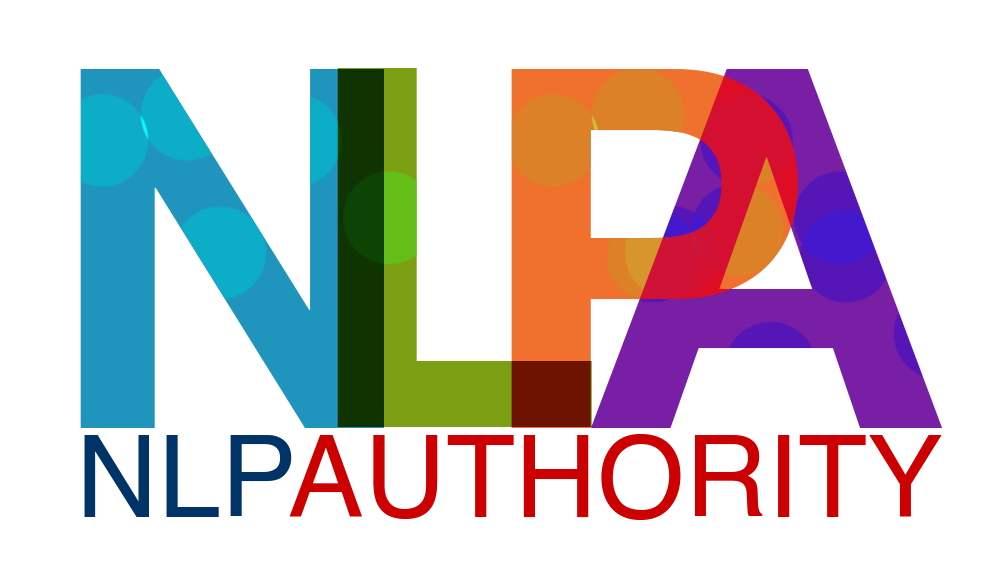Psychology and NLP
Let us have some insights into the world of psychology and Neuro-Linguistic Programming (NLP). In this blog post, we’ll delve into the fascinating realm of how psychologists seamlessly integrate NLP techniques into their practice, unlocking new dimensions of therapeutic effectiveness.
Understanding the union of Psychology and NLP
Psychology, the study of the mind and behavior, finds an intriguing partner in NLP, a discipline that explores the relationships between neurological processes, language, and behavioral patterns. Together, they create a powerful synergy, enabling psychologists to offer more dynamic and personalized therapeutic interventions.
1. Building Rapport and Trust through Advanced Communication Skills
At the heart of effective therapy lies the ability to establish rapport and trust with clients. Psychologists trained in NLP leverage advanced communication techniques to connect with clients on a deep and meaningful level. Whether through mirroring, pacing, or effective questioning, NLP enhances the therapist-client relationship, fostering an environment conducive to healing.
2. Uncovering and Rewriting Limiting Beliefs
Psychologists using NLP delve into the realm of beliefs and perceptions that shape an individual’s reality. NLP techniques empower therapists to identify and challenge limiting beliefs, offering clients a pathway to rewrite their narratives. This process is instrumental in breaking through self-imposed barriers and initiating transformative change.
3. Tailoring Interventions to Individual Learning Styles
One size does not fit all in therapy. Psychologists employing NLP recognize the diversity of individual learning styles. NLP offers a versatile toolkit for adapting therapeutic interventions to match the unique preferences and processing styles of each client. Whether someone is visually oriented, responds well to auditory cues, or is kinesthetically inclined, NLP allows psychologists to tailor interventions for maximum impact.
4. Timeline Therapy for Emotional Healing
The concept of timelines in NLP is a potent tool for psychologists in addressing past traumas and emotional wounds. By guiding clients through timeline therapy, psychologists help individuals reframe past experiences, release negative emotions, and create a more positive and empowering narrative for the future.
5. Precision in Language: A Therapeutic Art
Language is a nuanced tool in therapy, and psychologists trained in NLP understand its impact on the therapeutic process. Precision in language helps convey empathy, clarity, and reassurance. NLP techniques, such as the Milton Model, provide psychologists with a sophisticated understanding of language patterns, allowing for more effective communication and rapport building.
6. Goal-Oriented Strategies for Lasting Change
Psychologists employing NLP recognize the importance of setting and achieving therapeutic goals. NLP provides practical strategies for clarifying goals, breaking them down into manageable steps, and aligning them with a client’s values. This goal-oriented approach ensures that therapy is not only insightful but also results in tangible, positive changes.
Conclusion: Transformative Possibilities
In the hands of skilled psychologists, NLP becomes a catalyst for transformative therapy. The integration of NLP techniques adds depth and versatility to traditional therapeutic approaches, creating a holistic framework for addressing the complexities of the human mind.
As you embark on your therapeutic journey or seek a psychologist who incorporates NLP, keep in mind the transformative possibilities that arise when psychology and NLP join forces. It’s a journey of self-discovery, empowerment, and the unlocking of one’s fullest potential.
Explore the synergy of minds through the integration of NLP in psychology, where transformation becomes not just a possibility but a reality.
